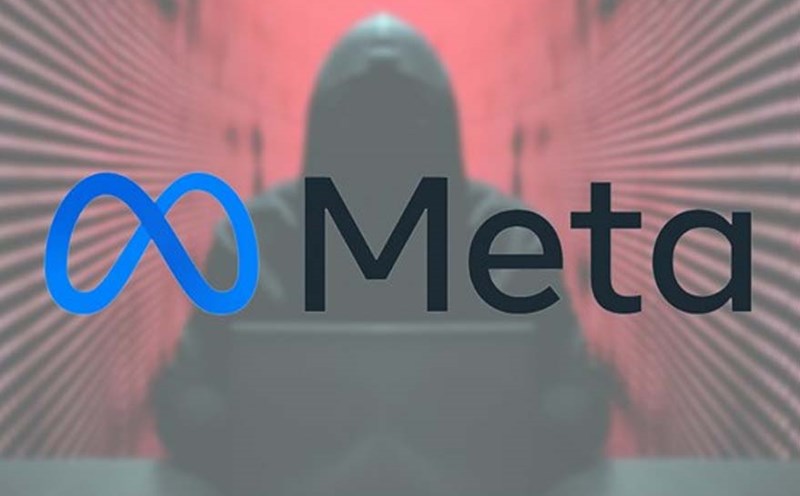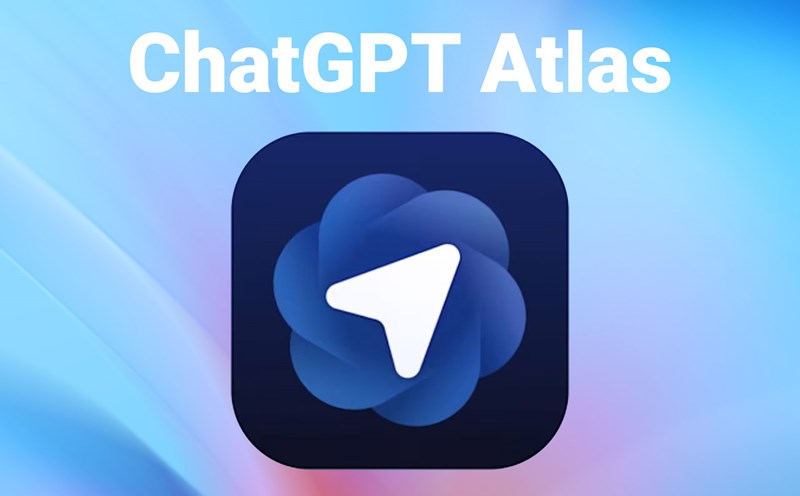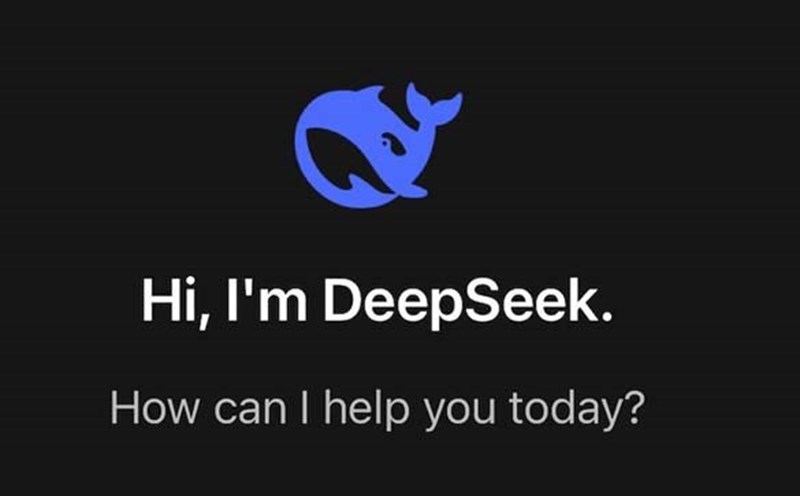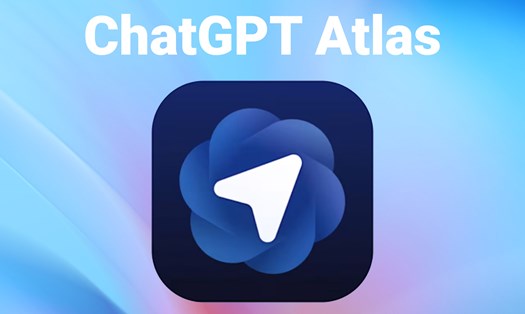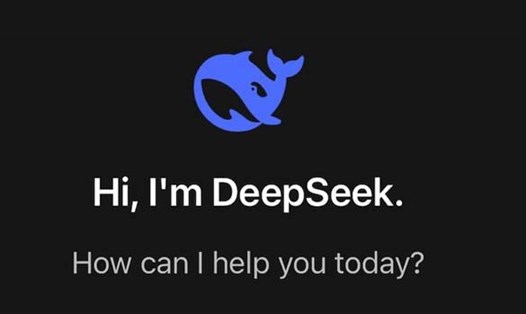We think that AI represents a rare opportunity, only once in a decade, to rethink the role of browsers. Just like people used to use the Internet before, the URLs and search boxes are great similar examples, we're starting to see that the chat experience and web browser can be quick similar examples, said OpenAI CEO Sam altman.
OpenAI's browser project has shown that from the beginning it will be a potential threat to Google - the current owner of the world's most popular browser. But product details and the latest presentation from CEO OpenAI have clearly shown how much the web giant will lose in the AI era - and Google's success with Gemini seems to be of no help.
The immediate threat is quite simple. ChatGPT attracts 800 million users per week, and if these users switch to Atlas, they will likely leave Google's Chrome. The loss of these users does not cause direct harm to Google (after all, it is a free product) but it limits Google's ability to target these users or push them to Google Search.
Next is how OpenAI handles the search itself. AI has put pressure on the web search model, providing processed information instead of content that can be used for advertising. However, in a live broadcast from OpenAI, Ben Goodger - Technical Director of Atlas (a key figure in the development of both Firefox and Chrome) - described this new conversation-oriented search as a model change.
This new search model is really strong, he said. It was a multi-dimensional experience. You can interact with search results instead of being redirected to just one website.
Of course, Google has made a lot of effort to integrate AI into the regular search experience, but the company mainly approaches it in the same way as with product listings or reviews: by adding a box to the results page.
But OpenAI's interactive back-and-forth interactivity far surpasses anything you can find on Chrome. And with its completely different approach, it's not easy to copy. If OpenAI's search interface becomes popular, it could be a serious threat to Google's dominance.
As for advertising, OpenAI currently does not serve advertising, but they do not rule out this possibility. Recently, the company has also booked many advertising technology positions, raising speculation that an advertising shift may be coming.
With Atlas, ChatGPT can now collect context directly from users' browser windows, thereby providing a lot of extremely valuable data for advertising targeting.
It is too early to talk about Atlas and a lot will depend on the product itself - whether users really want what OpenAI offers. However, the company has outlined an surprising business roadmap, focusing on user growth and revenue rather than vague ambitions for AGI (general artificial intelligence).

